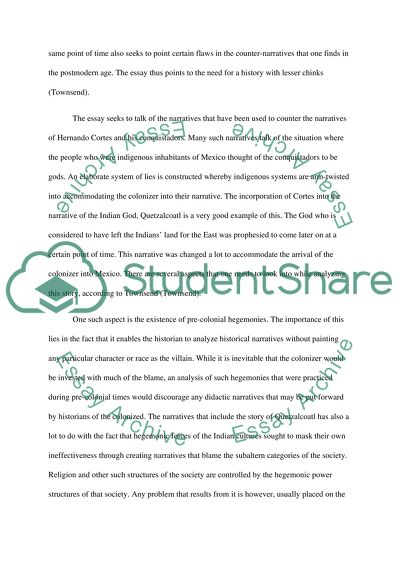Cite this document
(“To Bury or Exhume the White Gods Essay Example | Topics and Well Written Essays - 2000 words - 1”, n.d.)
To Bury or Exhume the White Gods Essay Example | Topics and Well Written Essays - 2000 words - 1. Retrieved from https://studentshare.org/history/1608967-to-bury-or-exhume-the-white-gods
To Bury or Exhume the White Gods Essay Example | Topics and Well Written Essays - 2000 words - 1. Retrieved from https://studentshare.org/history/1608967-to-bury-or-exhume-the-white-gods
(To Bury or Exhume the White Gods Essay Example | Topics and Well Written Essays - 2000 Words - 1)
To Bury or Exhume the White Gods Essay Example | Topics and Well Written Essays - 2000 Words - 1. https://studentshare.org/history/1608967-to-bury-or-exhume-the-white-gods.
To Bury or Exhume the White Gods Essay Example | Topics and Well Written Essays - 2000 Words - 1. https://studentshare.org/history/1608967-to-bury-or-exhume-the-white-gods.
“To Bury or Exhume the White Gods Essay Example | Topics and Well Written Essays - 2000 Words - 1”, n.d. https://studentshare.org/history/1608967-to-bury-or-exhume-the-white-gods.


